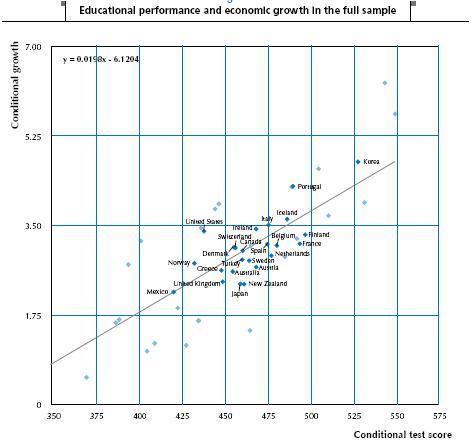–
Four researchers in the fields of neuroscience, psychology, biology, and education have found evidence that should transform our educational practices in Science, Technology, Engineering, and Mathematics (STEM).
Their research is demonstrating that young children have the capacity to learn more than anyone previously imagined. Their key finding is that acquisition of information by the human brain is most rapid and efficient from birth to the preteenage years.
Our current pattern in formal science education is focused on 14-16-year-olds. By this point, however, we have entirely missed the optimal learning period for children, and the optimal moment to get young people attracted to science, engineering and manufacturing. The period from kindergarten through 4th grade is “a peak window of opportunity for teaching basic science concepts.”
According to Bayer – regardless of gender, race or ethnicity – interest in science begins in early childhood. Nearly 60 percent of the respondents say they first became interested in science by age 11. This parallels the findings of a 1998 Bayer survey of American Ph.D. scientists: six-in-ten also reported interest in science by age 11.
It is important though that formal and informal science learning at such early age is embedded in social interaction. Human children readily learn through social interactions with other people.
 Children spend nearly 80% of their waking hours outside of school. They learn at home; in community centers; in clubs; through the Internet; at museums, zoos, and aquariums; and through digital media and gaming. Encourage children as early as possible to play with construction toys, take things apart and put them back together again, play games that involve fitting objects into different places, draw, and work with their hands. These activities are often highly social and as such they maximize motivation and influences children’s interests, goals, and future choices.
Children spend nearly 80% of their waking hours outside of school. They learn at home; in community centers; in clubs; through the Internet; at museums, zoos, and aquariums; and through digital media and gaming. Encourage children as early as possible to play with construction toys, take things apart and put them back together again, play games that involve fitting objects into different places, draw, and work with their hands. These activities are often highly social and as such they maximize motivation and influences children’s interests, goals, and future choices.
In formal school settings, research shows that individual face-to-face tutoring is the most effective form of instruction. Students taught by professional tutors one on one show achievement levels that are two standard deviations higher than those of students in conventional instruction. One-to-one instruction in science at a very early age, combined with new learning technologies provides an interactive environment with step-by-step feedback, feed forward instructional hints to the user, and dynamic problem selection.
From the article The Future of Manufacturing is in the 3rd Grade: “It appeals to students with hands-on, project-based courses where students have fun while applying the fundamentals of science. (…) Students learned to make cars out of paper, catapults out of mouse traps and robots using computer software.”
The benefits of such system are huge:
- Create an immediate, strong engagement and intense connection with engineering from an early age.
- Educational technology (for example, text messaging, Facebook, and Twitter) as social interaction tools can extend the sensitive period for learning.
- Programs enhancing early social interactions produce significant long-term improvements in academic achievement, social adjustment, and economic success.
- If you would add science as a subject at an early age you give the right input and the right learning opportunities at the right time to bring our economy the essential manufacturing specialists.
–
Add to: Facebook | Digg | Del.icio.us | Stumbleupon | Reddit | Blinklist | Twitter | Technorati | Yahoo Buzz | Newsvine




